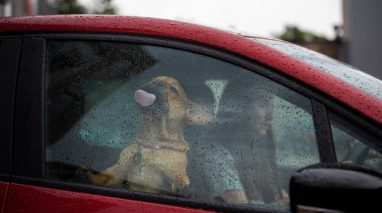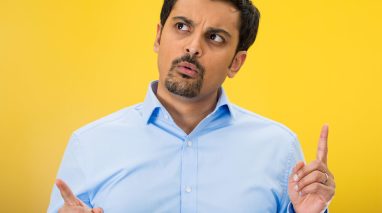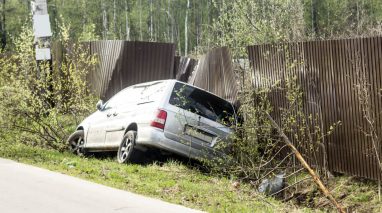Blog
Excuses That Won’t Let You Escape Washington State DUI Laws
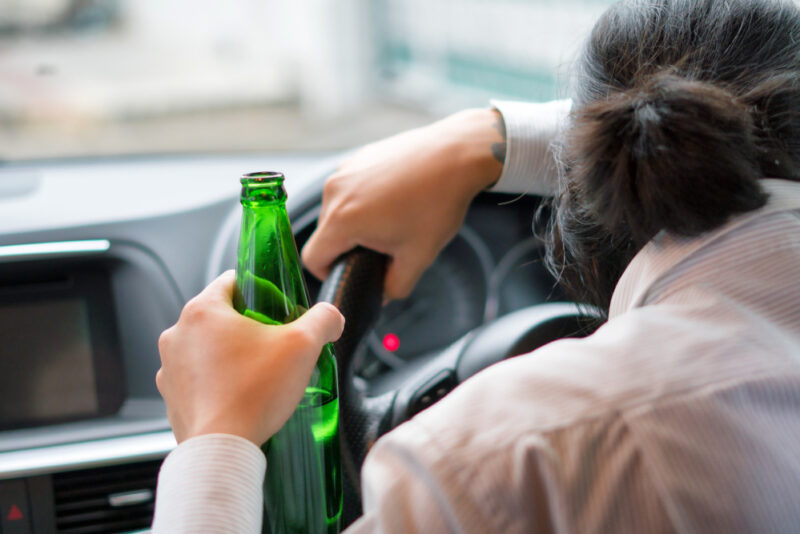
“What’s the worst that could happen?”
Those are your thoughts as you celebrate (whatever) at the bar or party, and one drink turns into three…or four…or…
You’re not thinking about having to find affordable SR-22 insurance at this point. You’re convinced you’ll get home without any issues. Or be able to talk yourself out of trouble if you should see flickering lights in your rearview mirror, followed by a Washington cop asking you to roll your window down.
How well will that work? Let’s try out a few “get out of jail free” excuses and see how they’re likely to go down.
“I Only Had One or Two”
We’re sure your friendly Washington cop has never heard that one before.
But seriously, the number of drinks you consume over a period of time doesn’t really matter. What matters is your blood-alcohol content, or BAC, at the time you’re stopped.
You might have been pulled over because you were speeding, driving too slowly, or changing lanes without signaling. Maybe you were weaving, ran a red light, had a taillight out, or got trapped at a late-night checkpoint, or…
The point is that you might have been stopped for innocent reasons or because you drove in such a way that indicated to a trained officer that you might be under the influence of drugs or alcohol. Once stopped, your officer could get additional clues such as slurred speech, unfocused eyes, a strong smell of alcohol, or even open bottles in plain sight in your vehicle.
Whatever it is that raises concerns, the police officer can ask you to take field sobriety tests. This could mean asking you to stand on one leg, to walk and turn in such a way that tests your reflexes, or a brief eye test to show whether your gaze is tracking.
A failure of any or all of those tests will probably result in the officer asking you to take a Breathalyzer test. As in most U.S. states, a BAC reading of just 0.08 is considered evidence of driving under the influence. (A BAC of an even lower 0.04 will get you arrested if you’re driving a commercial vehicle such as a semi or school bus.)
So, it doesn’t really matter how many drinks you had (or insist you had). Your body size, whether you drank on a full or empty stomach, the length of time over which you drank, and numerous other factors determine your BAC when you’re stopped.
“I’m Almost Home”
Maybe you can even point out your house or apartment building and tell the officer that your car is practically in your driveway or parking lot.
This, after all, is why you were so confident to take that extra drink (or three) at the neighborhood bar — because it’s the neighborhood bar, dude! It’s just four blocks from home. The only reason you didn’t walk there was because it was raining.
Go ahead — give your police officer as much of that explanation as you can before they cut you off and politely ask you to pass some field sobriety tests.
You see, if you’re behind the wheel on a public road with a BAC of .08 or more, you’re subject to Washington DUI laws. Period. It makes no difference if you’re 30 miles from home or can see the lamp on in your living room.
“Maybe We Can Work Something Out”
Please tell us you’re not going there. Because the penalty for bribing — or trying to bribe — a cop in Washington state can include stiffer fines and a longer jail term even than the normal consequences for drunk driving. In other words, you’re about to make a bad situation worse.
“My Dad Will Have Your Job for This”
Alternate expressions of this threat start with the words, “My husband,” “My wife,” “My brother-in-law,” or some other significant figure in your life with enough juice that it should make all cops quake in their cop shoes.
It won’t.
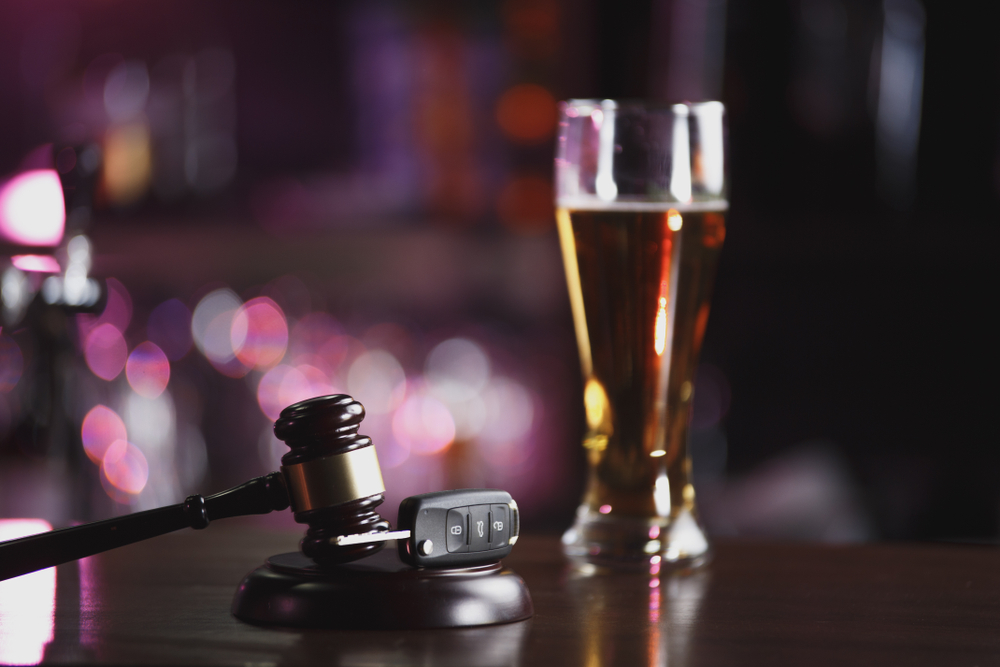
Here’s What to Say Instead When Facing the Consequences of Drunk Driving
As little as possible. Be courteous and do as directed. Avoid getting into additional trouble by arguing or trying to negotiate with the arresting officer. Save your conversation for a lawyer who specializes in DUI offenses and can recommend legal defense strategies that might minimize the consequences of drunk driving.
At some point, you’ll need to obtain SR-22 insurance in order to get back on the road after your license is suspended.
“What the Bleep is SR-22 Insurance?”
Now that’s a good question.
It’s not actually insurance at all, though it commonly gets called that. An SR-22 is actually paperwork submitted to the state by your car insurance company that certifies that you’ve obtained at least the legal minimum amount of coverage required once you’re allowed to drive again after your DUI conviction.
In Washington state — as well as in a vast number of U.S. states — you must have SR-22 insurance to drive if the court has made it a legal requirement. Or the penalties go up. That’s why your auto insurance agent should be the next person you call after your DUI lawyer has worked out legal defense strategies that allow you to drive again.
Your insurance agent can fully explain how to get affordable SR-22 insurance certification. If you’re dealing with an independent auto insurance agent, they’ll be able to get cost quotes from many major insurance carriers to find the cheapest SR-22 coverage available.
Contact Us (After You Call Your Lawyer) for Affordable SR-22 Insurance in Washington
A DUI conviction is serious business in Washington state. Don’t make your situation worse by saying the wrong thing. In fact, say very little, but stay courteous when you get stopped for driving after consuming drugs or alcohol. Then call a DUI lawyer as soon as possible.
Your next official call should be to an independent Vern Fonk Insurance agent. We’ve helped countless Washington drivers submit their certification and get affordable SR-22 insurance. Call us at (800) 455-8276 or get a quick online quote. You can also find a helpful Vern Fonk agent at a Washington state office near you.
